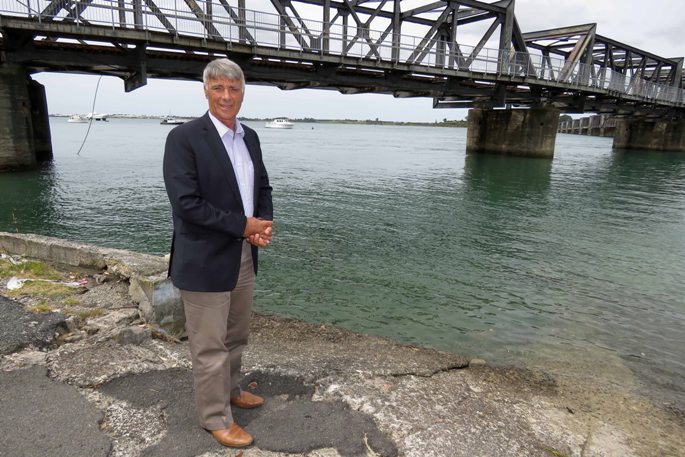To combat the Bay of Plenty Regional Council's 'invisibility”, it is taking a multi-faceted approach ahead of the Local Body Election in October.
Chairman Doug Leeder says the lack of awareness about regional council is more prominent in urban environments.
'If you move out of the urban environment and you move into the rural environment – where we have big investments in terms of flood protection schemes, riparian plantings – everybody knows what the regional council does and is,” says Doug.
'The issue of the lack of awareness of what we do, we've been talking about for three years and it's really hard to address in these urban environments.”
Doug says the council is going to run a campaign to encourage people to stand as a councillor as well as vote.
They will also participate in the Taituarā and Local Government NZ Vote 2022 national campaign, which encourages participation in both elements of the election as well.
Doug says the council is going encourage diversity as part of their campaign too. 'If you've got an interest and are successful to get in, that's what we need to embrace, because decisions made today are going to affect the next couple of decades,” says Doug.
'Especially in the short-term, the next 10 years, about what provision and what services we provide, so you want diversity of views.”
Leeder says they are also going to do work around what it means to be a councillor.
BOPRC governance manager Yvonne Tatton says they've identified community participation as one area where they want to make an impact.
'This year, so that people have a broader idea of what it means to be a regional councillor, our website has been updated with useful information about the types of things people should consider before putting their nomination forward.”
Doug says being a regional councillor is different than a city or district councillor because of the responsibilities and area they are governing.
'Representation and governance falls into two different categories. So, you might be elected by a certain segment of the community, but your responsibility falls to the whole Bay of Plenty.”
'We deal with the land, water and air as opposed to a very small urban area.”
Doug also thinks with Tauranga City Council not having an election this year there may be more candidates that run for regional council.
In 2019 the regional council didn't hold an election in the Tauranga constituency because the number of candidates that stood was the same as the number of vacancies.
'If there's no place to stand it Tauranga City Council, some of those aspiring candidates may well put their hand up for the regional council,” says Doug.
Tauranga City Council Commissioners have been re-appointed until July 2024 when an election will be held.
Another way the regional council is attempting to increase awareness about the work they do is to separate out their rates from the district and city councils.
Previously, the other councils would collect rates on the regional council's behalf for a two-five per cent commission.
Doug says this will save some costs for the ratepayers and increase visibility about what the regional council does. The hope is this multi-pronged approach will tackle the long-standing issue of awareness.
Public Interest Journalism funded through NZ On Air.


